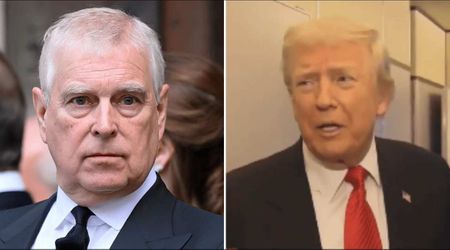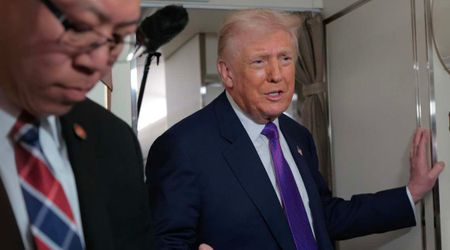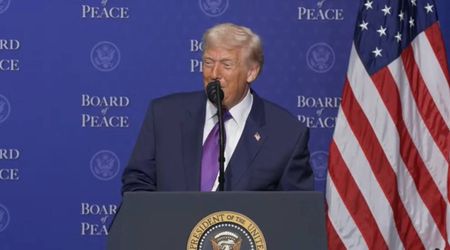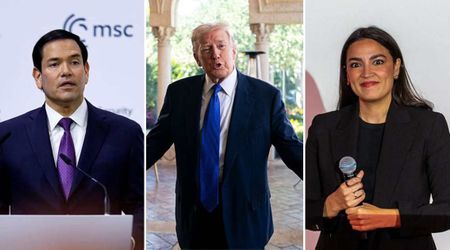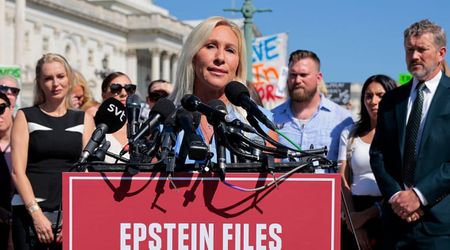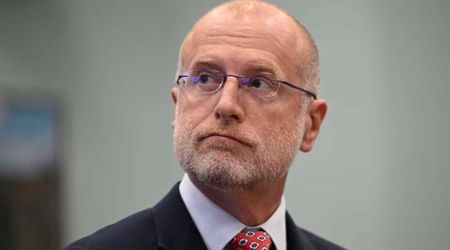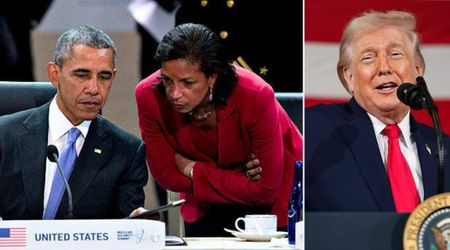Fact Check: Has Donald Trump proposed 32-hour workweek with repeated violations leading to jail time?

WASHINGTON, DC: Social media is ablaze with claims that President Donald Trump has proposed cutting the standard American workweek from 40 to 32 hours.
The viral rumor, spreading quickly across platforms like X, TikTok, and others, even alleges that employers who demand extra hours could face jail time.
Framed as an effort to improve work-life balance, the supposed proposal has ignited widespread debate online. But is there any truth to it? Did Trump actually propose such a change, or is this just another case of social media misinformation? Let's find out.

Viral video claims Donald Trump supports 32-hour workweek
Rumors on social media platforms like X and TikTok claim that Donald Trump has proposed a major shift in the American workweek, reducing it from 40 to 32 hours.
One widely circulated post on X (formerly Twitter), shared by the handle @whiplas347, features a 33-second TikTok video with the bold claim: “32 hour work weeks could be the new maximum in the US soon.”
Wow! 😳
— Whiplash347 (@Whiplash437) April 8, 2025
32 hour work weeks could be the new maximum in the US soon. A new law has been introduced into Congress that would make it so employers would have to cut the work weeks for their employees at 32 hours. Anything over 32 hours would constitute a fine.And if repeated… pic.twitter.com/OxELt6llZt
The video goes on to state that a new law has been introduced in Congress mandating employers to cap workweeks at 32 hours.
"A new law has been introduced into Congress that would make it so employers would have to cut the work weeks for their employees at 32 hours," it read.
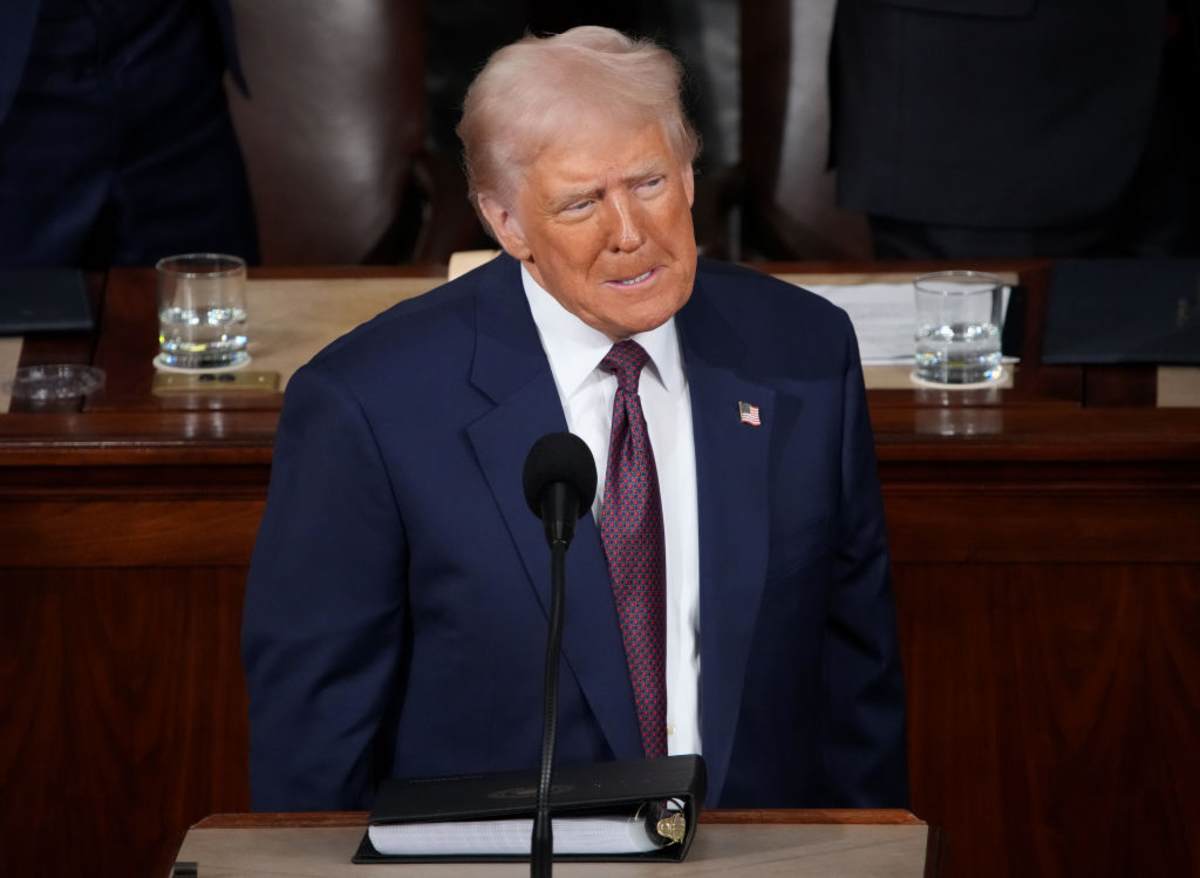
"Anything over 32 hours would constitute a fine,” it further read.
“And if repeated violations happened, it could even mean jail time,” the post claimed. The video frames the rumored bill as a push to improve Americans' quality of life.
The video further said, "Now, this bill was introduced into Congress in order to make people's lives better and have a higher quality of life for people in the US.”
The claim has sparked widespread debate online, with social media users divided over its feasibility and economic implications. As of April 8, the post had racked up over 2 million views, 3.4K replies, and more than 10.7K comments.
Fact check: False, Donald Trump didn't propose a 32-hour workweek
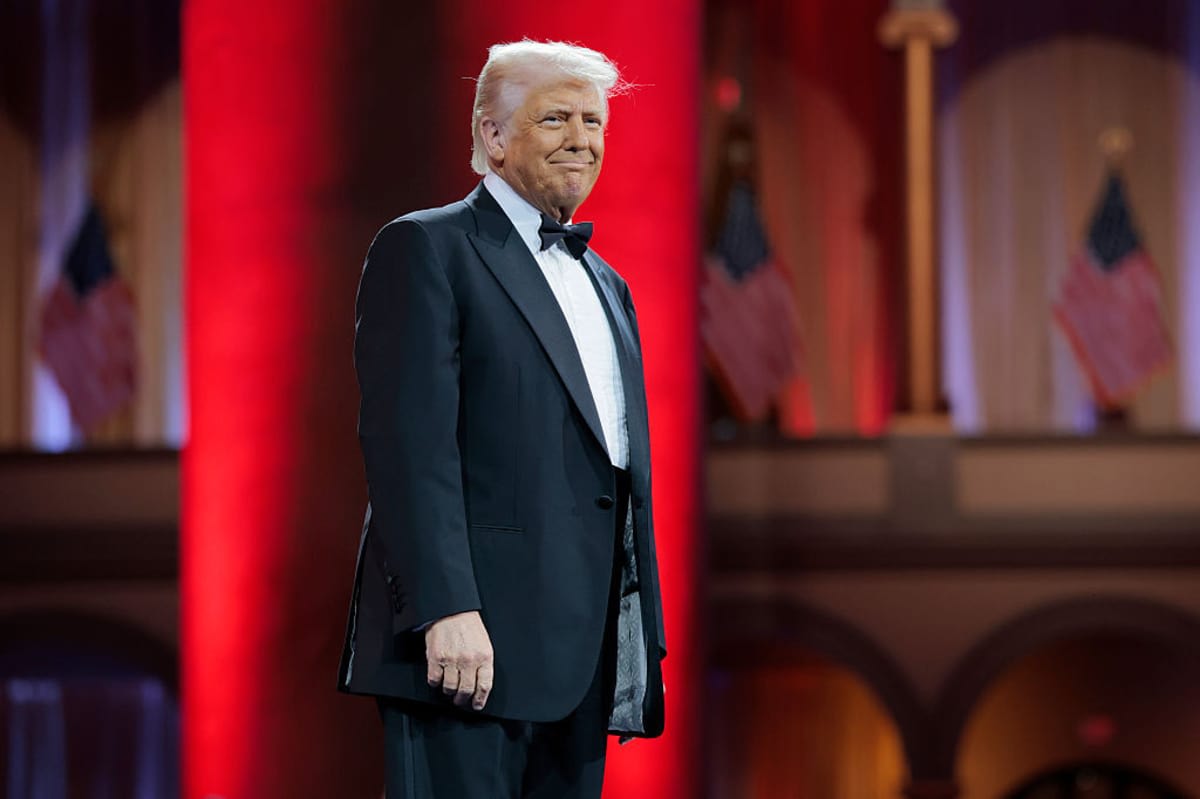
Despite viral clips and widespread speculation suggesting Donald Trump proposed a 32-hour workweek, credible sources have confirmed the claim is false.
There is no evidence backing the rumor, and Trump himself has not addressed the topic publicly. The misleading narrative appears to have stemmed from a completely unrelated legislative effort.
The origin of the confusion lies in a bill introduced in 2023 by Representative Mark Takano, titled the 32-Hour Workweek Act.
The proposed legislation aims to amend the Fair Labor Standards Act of 1938 by reducing the standard full-time workweek for non-exempt employees from 40 hours to 32, without cutting pay.
The bill also includes a provision for overtime pay for any hours worked beyond the new 32-hour threshold, pushing businesses to either compensate more or shorten hours and hire additional staff.
This legislation specifically targets non-exempt, hourly workers in sectors like hospitality, transportation, construction, manufacturing, and retail. It’s not a new initiative for Rep Takano, who first introduced a similar bill in 2021 with support from the Congressional Progressive Caucus.
Though it generated attention online at the time, the bill failed to advance in Congress. The 2023 version currently remains stalled in committee.
So while the idea of a shortened workweek continues to stir public interest, there is no connection between Trump and the proposal, and certainly no law mandating it.

